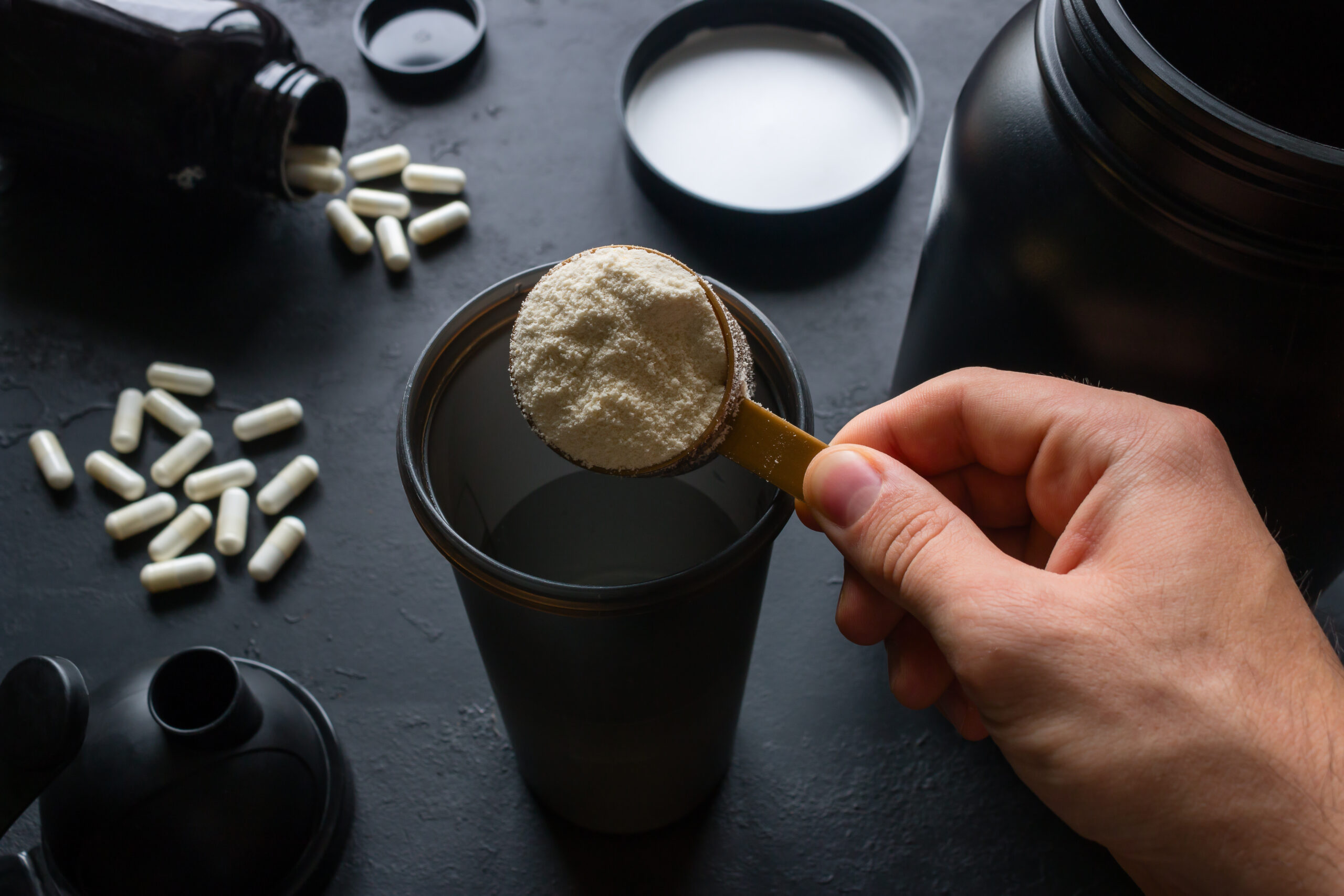When hormones plummet during menopause, women face a hidden crisis that extends far beyond hot flashes—and one surprising supplement might hold the key to reclaiming strength, bone density, and mental clarity.
Story Snapshot
- Menopause brings devastating muscle loss, bone weakness, and cognitive decline that traditional treatments often miss
- Creatine supplementation offers three critical benefits: preserving muscle mass, strengthening bones, and sharpening brain function
- Recent research reveals nearly 75% of menopausal women experience debilitating fatigue, yet creatine remains underutilized
- The supplement works by restoring cellular energy production that crashes when estrogen disappears
The Hidden Energy Crisis of Menopause
Menopause strips away more than fertility—it devastates cellular energy production. When estrogen levels crash, mitochondria struggle to generate ATP, the body’s fundamental energy currency. This cellular power failure manifests as crushing fatigue that affects three-quarters of menopausal women. Hot flashes spike to 83% during perimenopause, while anxiety climbs to nearly 60%. The numbers paint a stark picture of women suffering from an energy deficit that conventional hormone therapy barely addresses.
Creatine phosphate serves as the body’s emergency energy reserve, rapidly regenerating ATP when cellular demand peaks. During menopause, this system becomes critical as hormonal changes compromise normal energy pathways. Women who supplement with creatine essentially provide their cells with a backup generator, maintaining energy output when estrogen-dependent systems fail.
Muscle Mass Protection Against Hormonal Devastation
Estrogen acts as muscle’s guardian angel, promoting protein synthesis and preventing breakdown. When menopause eliminates this protection, women lose muscle mass at an accelerated rate—up to 8% per decade after age 40. This loss isn’t merely cosmetic; it directly impacts metabolism, bone health, and functional independence. The research shows joint pain affects over 56% of menopausal women, often stemming from muscle weakness that places excessive stress on skeletal structures.
Creatine supplementation interrupts this destructive cycle by enhancing muscle protein synthesis and increasing training capacity. The supplement enables women to maintain higher workout intensities despite hormonal changes, preserving the muscle mass that estrogen once protected. Studies demonstrate that creatine users experience superior strength gains and muscle retention compared to unsupplemented peers, particularly during resistance training programs.
Bone Density Defense Through Muscular Strength
Osteoporosis represents one of menopause’s most devastating long-term consequences. Estrogen regulates bone remodeling, and its absence triggers rapid bone loss—up to 20% in the first five years post-menopause. Traditional calcium supplements provide limited protection without the mechanical stress that builds bone density. The connection between muscle strength and bone health becomes crucial during this vulnerable period.
Creatine supports bone health indirectly through enhanced muscular function. Stronger muscles generate greater mechanical forces during movement, stimulating osteoblast activity and promoting bone formation. Women who maintain robust muscle mass through creatine supplementation create the optimal environment for bone preservation. The supplement enables higher-intensity resistance training, which remains the gold standard for combating menopausal bone loss.
Cognitive Clarity in the Fog of Hormonal Change
Brain fog affects 56% of menopausal women, manifesting as memory lapses, concentration difficulties, and mental fatigue. The brain consumes 20% of the body’s energy despite representing only 2% of body weight. When hormonal changes compromise cellular energy production, cognitive function suffers dramatically. This neurological impact often proves more distressing than physical symptoms, affecting career performance and daily functioning.
The brain maintains its own creatine-phosphocreatine system, particularly concentrated in regions responsible for memory and executive function. Supplementation increases brain creatine levels, providing enhanced energy availability during cognitive tasks. Research indicates creatine supplementation improves working memory, processing speed, and mental fatigue resistance—precisely the areas where menopausal women struggle most. The supplement essentially provides neurological insurance against hormonally-induced cognitive decline.
Sources:
Nature, 2024: Large-scale symptom log analysis
Nature, 2025: Perimenopause symptom severity and healthcare seeking








